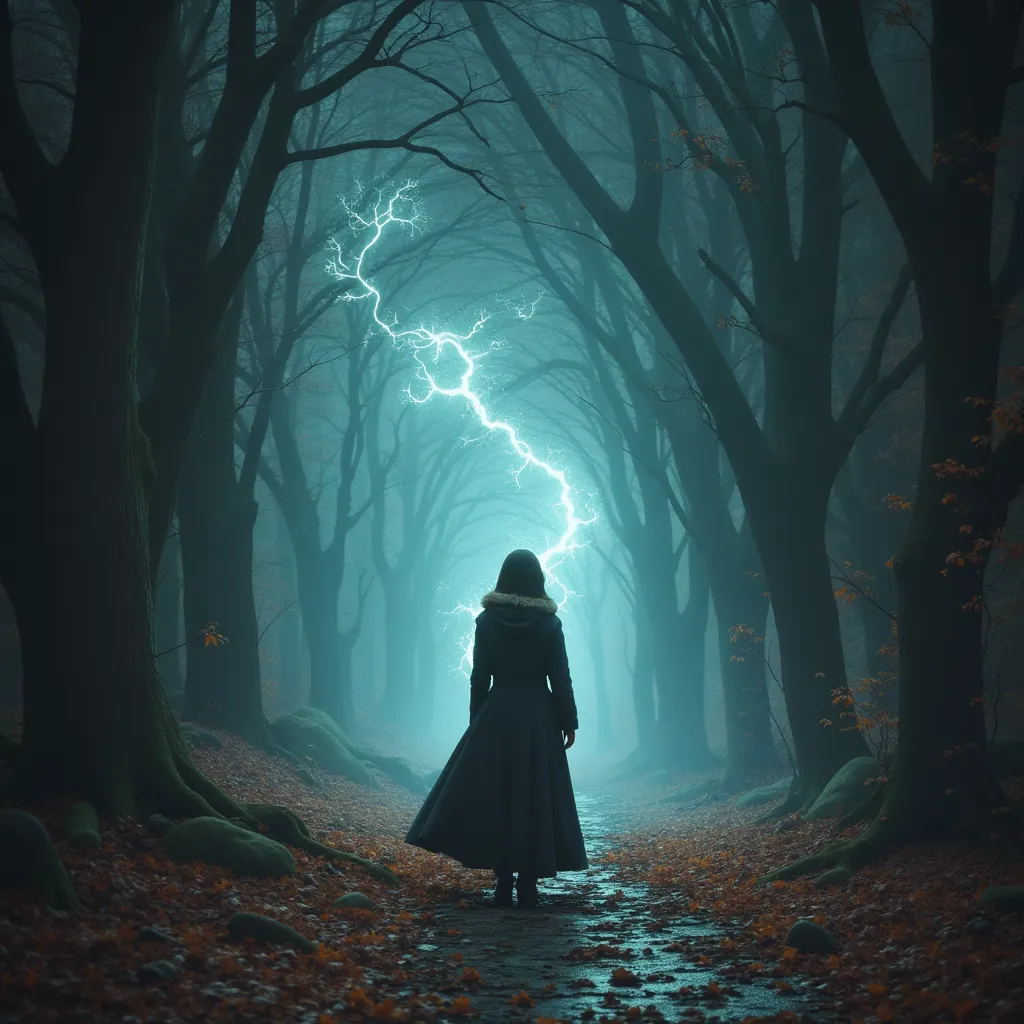Traversing the Realms of Fantasy: Exploring the Diverse Genres and Subgenres
Step into the enchanting realm of fantasy literature, where the boundaries of reality are pushed to the limits of imagination. Fantasy, as a genre, has captivated readers for centuries, transporting them to magical worlds, mythical lands, and alternate realities. With its rich diversity of subgenres, fantasy offers something for every reader, from the epic quests of high fantasy to the dark, gothic landscapes of horror fantasy. In this article, we will embark on a journey through the various types of fantasy, exploring their unique characteristics, tropes, and the authors who have helped shape these subgenres.
At its core, fantasy is a genre that allows authors to experiment with the impossible, the unknown, and the unexplained. It is a realm where magic, supernatural creatures, and mythical beings come alive, weaving tales that inspire, captivate, and sometimes even terrify. Fantasy has been a staple of literature since ancient times, with mythology and folklore providing the foundation for many modern fantasy subgenres. From the epic poems of Homer to the fairy tales of the Brothers Grimm, fantasy has evolved over the centuries, branching out into various subgenres that cater to different tastes and preferences.
Exploring Fantasy Subgenres
One of the most popular fantasy subgenres is epic fantasy, characterized by its sweeping sagas, complex world-building, and heroic quests. Epic fantasy often takes place in alternate worlds, where magic, mythical creatures, and legendary beings shape the course of history. Authors like J.R.R. Tolkien, George R.R. Martin, and Patrick Rothfuss have helped define this subgenre, crafting elaborate worlds and intricate storylines that have captivated readers worldwide.

Another popular fantasy subgenre is urban fantasy, which combines magical elements with modern-day urban landscapes. Urban fantasy often features supernatural creatures, witches, and magical beings living in secret among humans. Authors like Jim Butcher, Charlaine Harris, and Neil Gaiman have helped popularize this subgenre, crafting stories that blend the mundane with the magical.
Dark Fantasy and Horror
For those who enjoy a darker, more sinister tone, dark fantasy and horror fantasy offer a thrilling alternative. Dark fantasy often incorporates elements of horror, the supernatural, and the occult, creating a sense of foreboding and dread. Authors like Clive Barker, Joe Abercrombie, and Mark Lawrence have helped shape this subgenre, crafting stories that are as unsettling as they are captivating.
Horror fantasy, on the other hand, often focuses on the supernatural and the terrifying, creating a sense of unease and fear. Authors like H.P. Lovecraft, Stephen King, and Anne Rice have helped define this subgenre, crafting stories that are as chilling as they are unforgettable.

Fantasy Subgenres Continued
Other notable fantasy subgenres include high fantasy, which often takes place in alternate worlds with magical systems and mythical creatures; comic fantasy, which combines humor and satire with magical elements; and historical fantasy, which incorporates historical events and figures into fantastical storylines. Each of these subgenres offers a unique perspective on the fantasy genre, catering to different tastes and preferences.
Authors like Terry Pratchett, Diana Wynne Jones, and Susanna Clarke have helped shape these subgenres, crafting stories that are as imaginative as they are engaging. Whether you prefer the epic quests of high fantasy or the humorous antics of comic fantasy, there is a fantasy subgenre out there for you.

The Influence of Mythology and Folklore
Mythology and folklore have played a significant role in shaping the fantasy genre, providing the foundation for many modern fantasy subgenres. From the gods and goddesses of ancient Greece to the mythical creatures of European folklore, mythology has inspired countless authors and stories. Authors like Rick Riordan, Neil Gaiman, and Patricia A. McKillip have drawn upon mythology and folklore to craft their stories, incorporating magical creatures, legendary beings, and supernatural events into their narratives.
The influence of mythology and folklore can be seen in many fantasy subgenres, from epic fantasy to urban fantasy. By drawing upon these rich cultural traditions, authors can create stories that are both familiar and imaginative, tapping into the collective unconscious of their readers.

Practical Applications of Fantasy
While fantasy is often associated with escapism and entertainment, it also has practical applications in the real world. Fantasy can inspire creativity, foster empathy, and provide a unique perspective on the world. By exploring the imaginative and the extraordinary, readers can gain a deeper understanding of themselves and the world around them.
Additionally, fantasy can be used as a tool for social commentary, allowing authors to explore complex issues and themes in a way that is both engaging and thought-provoking. Authors like Ursula K. Le Guin, Margaret Atwood, and Octavia Butler have used fantasy to explore issues like feminism, racism, and environmentalism, crafting stories that are both imaginative and socially relevant.

The Future of Fantasy
As the fantasy genre continues to evolve, it is likely that we will see new and innovative subgenres emerge. With the rise of digital media and online platforms, authors are now able to connect with readers in new and exciting ways, creating a more diverse and inclusive fantasy community.
Additionally, the increasing popularity of fantasy in film and television has helped to bring the genre to a wider audience, inspiring new readers and authors alike. As the fantasy genre continues to grow and evolve, it is likely that we will see even more innovative and imaginative stories emerge, pushing the boundaries of what is possible in the realm of fantasy.
In conclusion, the fantasy genre is a rich and diverse landscape, offering something for every reader. From epic quests to dark horror, fantasy has the power to inspire, captivate, and sometimes even terrify. By exploring the various types of fantasy, readers can gain a deeper understanding of the genre and its many subgenres, discovering new authors and stories that will transport them to magical worlds and beyond.
